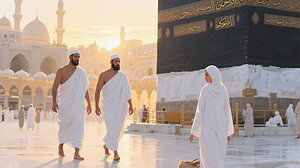
Ihram Mistakes to Avoid: A Practical Fiqh Guide
October 19, 2025 No Comments
The sacred state of Ihram is one of the most important parts of Hajj and…

Home / First-Time Umrah: Avoid Rookie Mistakes
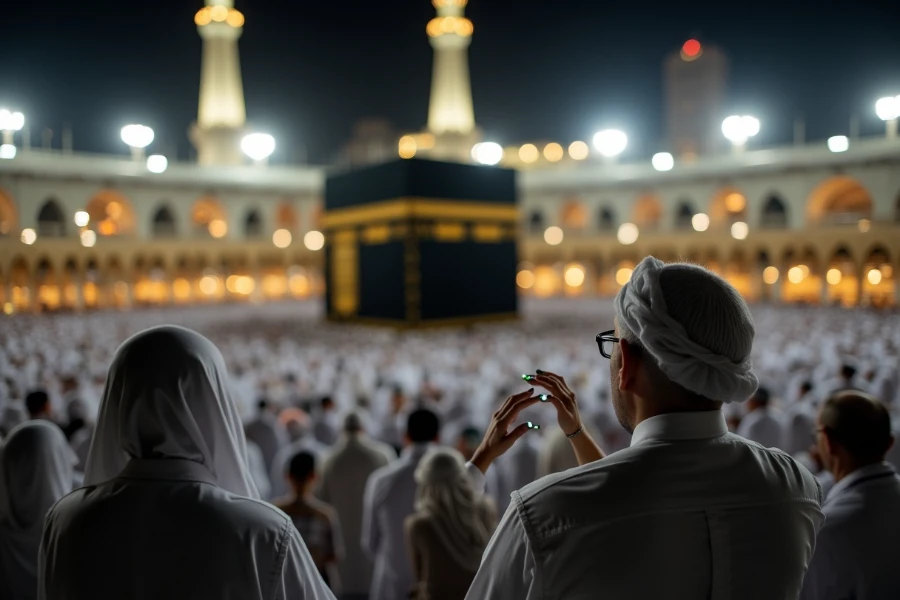
The call to perform Umrah resonates deeply. For first-timers, the anticipation blends excitement with a touch of nervousness. It’s a profound spiritual journey, a chance to draw closer to Allah (SWT) in the holiest cities on earth. But let’s be honest – navigating the logistics and rituals for the first time can feel overwhelming. Social media is filled with stories of preventable hiccups: pilgrims turned away at the Haram, confusion during Tawaf, or Ihram intentions gone awry. Fear not! With some practical know-how, you can sidestep these common rookie errors and focus entirely on the immense blessing of your journey. This guide, inspired by real pilgrim experiences and tailored for UK travellers, is your roadmap to a smoother, more fulfilling Umrah.
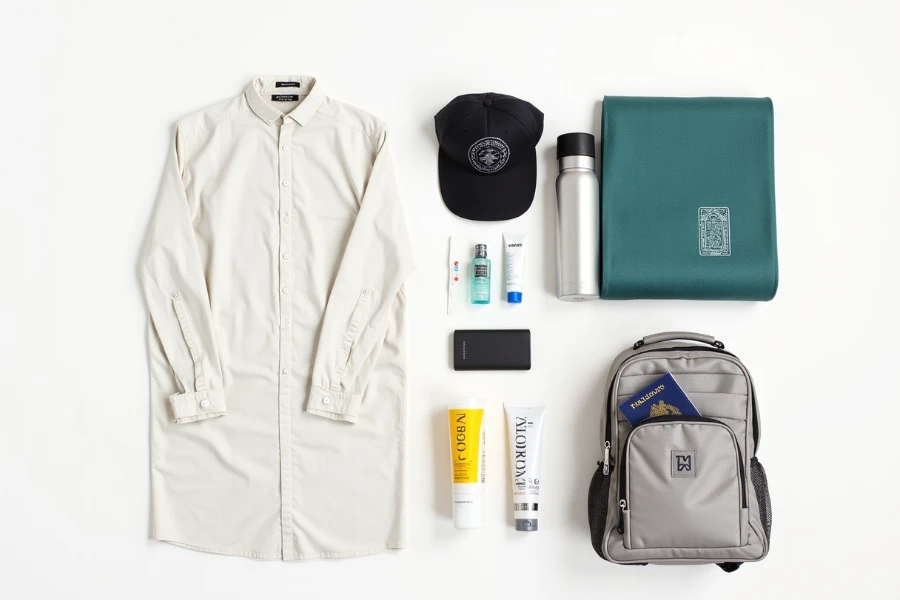
This is the number one rookie mistake highlighted time and again online. You cannot simply walk into Masjid al-Haram in Makkah to perform Umrah without official authorisation. Saudi authorities strictly enforce this through the Nusuk app (or its predecessor, Eatmarna). Think of Nusuk as your digital Umrah passport. Many travellers booking Umrah Packages UK assume the visa alone is enough—but without a valid permit through Nusuk, entry into the Haram for Umrah will be denied.
The Mistake: Assuming your tourist visa or just showing up is enough. Security checks will ask for your Nusuk permit QR code at the Haram entrances. No permit = no entry for Umrah.
The Solution: Download the Nusuk app (iOS/Android) well before travel. Register using your visa details. You’ll need to:
Select your desired date and time slot for Umrah.
Input accurate passport information for everyone in your group.
Pay any associated permit fees (usually nominal).
Securely save the generated permit QR code on your phone (screenshot recommended as a backup). Verify the date and time! Double-check this against your travel plans.
Pro Tip: Book your slot as soon as your visa is confirmed, especially during peak seasons. Permits for popular times can run out. Never rely on third parties promising “on-the-spot” permits inside Makkah – it’s a major risk.

e-Visa Waiver is Key: As a British passport holder, you qualify for the Saudi Arabia eVisa Waiver. This is NOT a visa on arrival. You must apply online before travelling via the official Saudi Visa portal (easily found via GOV.UK travel advice for Saudi Arabia). The current cost is £45. Processing is usually swift, but don’t leave it to the last minute. Ensure your passport has at least 6 months’ validity.
ATOL Protection Matters: For peace of mind, strongly consider booking through an ATOL-protected UK tour operator. ATOL protects your money if the company fails. Reputable operators handle complex logistics (flights, hotels, transport, sometimes group permits), provide guidance, and offer crucial on-ground support – invaluable for first-timers navigating Saudi systems.
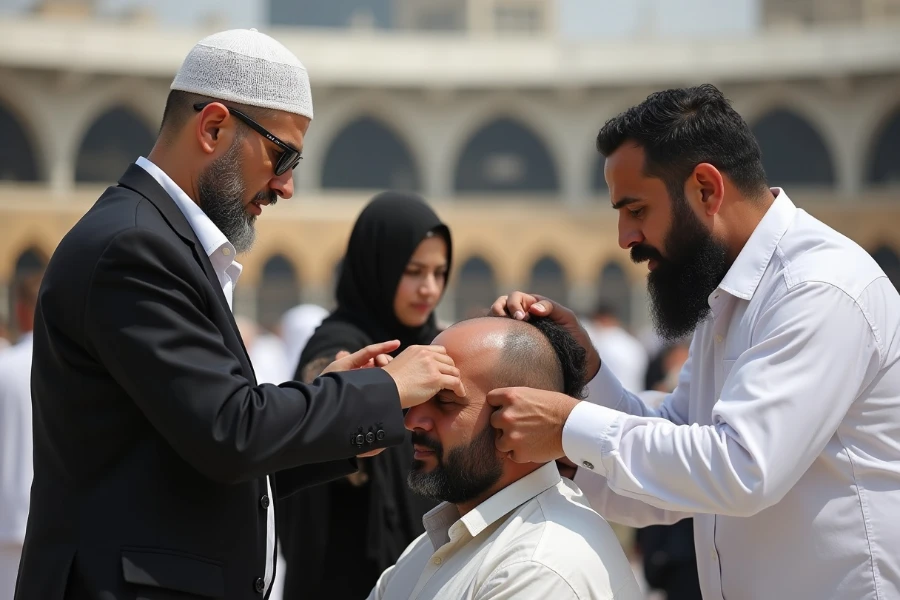
Ihram isn’t just the clothing; it’s a spiritual state of purity and intention. Mistakes here can invalidate the start of your Umrah. A reliable Umrah Travel Agency UK can guide you step-by-step to ensure you enter this sacred state correctly, avoiding errors that could affect your pilgrimage.
The Mistake: Putting on the Ihram garments (two seamless white sheets for men, modest loose-fitting clothing covering everything except face and hands for women) without making the proper Niyyah (intention) at the designated Miqat boundary. Simply wearing the clothes doesn’t equal entering Ihram!
The Solution:
Know Your Miqat: This is the geographical boundary you cannot cross without being in Ihram. If flying from the UK to Jeddah or Madinah, your Miqat is typically in the air before reaching Jeddah. The pilot usually announces it (~1-1.5 hours before landing). Be ready!
Make the Niyyah: At the Miqat, perform Ghusl (full ritual purification) if possible, wear the Ihram garments, then pray two Rak’ahs of Nafl Salah. Clearly state your intention in your heart: “O Allah, I intend to perform Umrah. Make it easy for me and accept it from me.” (Labbaik Allahumma Umratan).
Recite the Talbiyah: Immediately after the Niyyah, start reciting the Talbiyah loudly (men) or softly (women): “Labbayk Allahumma Labbayk…” This signifies you are now in Ihram.
Pro Tip: Change into your Ihram garments before boarding your flight if travelling directly to Jeddah. Use the plane’s restroom for Ghusl if feasible, or perform Tayammum (dry ablution) if water isn’t available. Have your Talbiyah downloaded or written down.

Circling the Kaaba seven times counter-clockwise is the heart of Umrah. The atmosphere is electric, but it’s easy to get swept up and lose track.
The Mistake: Losing count of your seven circuits amidst the crowds and awe. Starting Tawaf incorrectly (not aligning with Hajr al-Aswad – the Black Stone).
The Solution:
Start Correctly: Face the Kaaba so the Black Stone is on your left side. This is your starting point. If possible, touch or gesture towards the Black Stone (Istilam) saying “Bismillah, Allahu Akbar” at the beginning of each circuit.
The Legendary Rubber Band Trick: This simple hack is a lifesaver! Wear 7 rubber bands on your right wrist. After completing each full circuit (ending back at the Black Stone line), move one rubber band to your left wrist. When all 7 are on your left, you’re done! Alternatively, use a digital counter app or your fingers.
Idtiba & Ramal (Men Only): For the first three circuits, men uncover their right shoulder (Idtiba) and walk briskly with short steps (Ramal). For the final four circuits, cover both shoulders and walk normally.
Pro Tip: If you’re travelling on Ramadan Umrah Packages, try to perform Tawaf as soon as possible after arriving in Makkah—preferably during less crowded times like late night or early morning. Stay hydrated, focus on heartfelt supplication and spiritual connection. Don’t stress about getting physically close to the Kaaba if the crowds are dense.
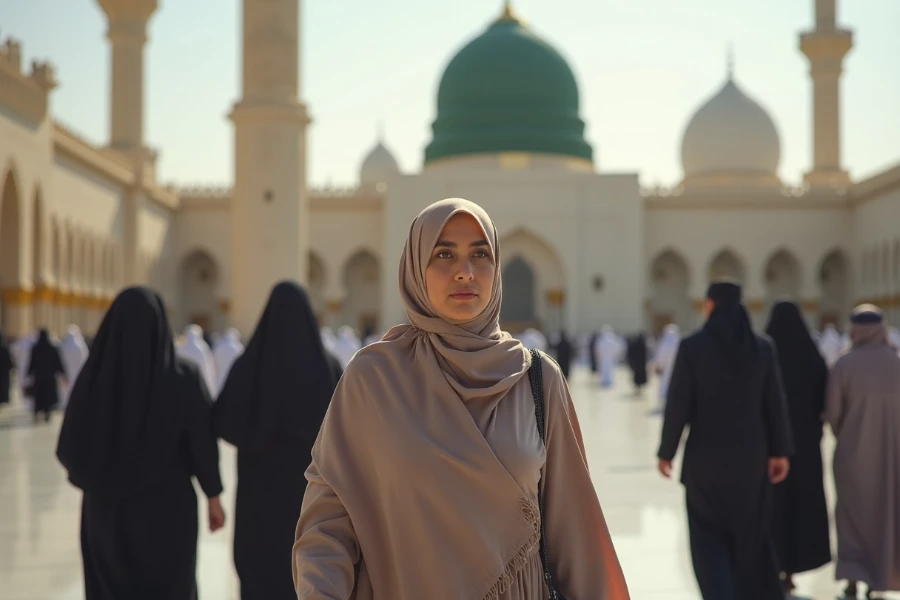
Commemorating Hajar’s (AS) search for water, you walk seven times between the hills of Safa and Marwah.
The Mistake: Not knowing where Safa and Marwah are located (they are now enclosed within the Masaa gallery), losing count, or misunderstanding the direction.
The Solution:
Start at Safa: After completing Tawaf and praying two Rak’ahs near Maqam Ibrahim, proceed directly to the Safa hill. Ascend it (or face it if ascent isn’t possible), make Du’a facing the Kaaba.
Walk Towards Marwah: This is one “lap”. When you reach Marwah, ascend it (or face it), make Du’a. This completes one full round (Safa -> Marwah = 1, not Safa->Marwah->Safa=1).
Seven Rounds Total: You will end your Sa’i at Marwah on the seventh round. Use the rubber band trick again here if needed! The modern gallery is air-conditioned and has designated walking lanes (often separate for men/women and wheelchair accessible).
Pro Tip: Wear comfortable, supportive sandals or shoes. Use the moving walkways in the centre if you need to conserve energy, but note that walking on the sides is the actual Sunnah path. Pace yourself and stay hydrated.
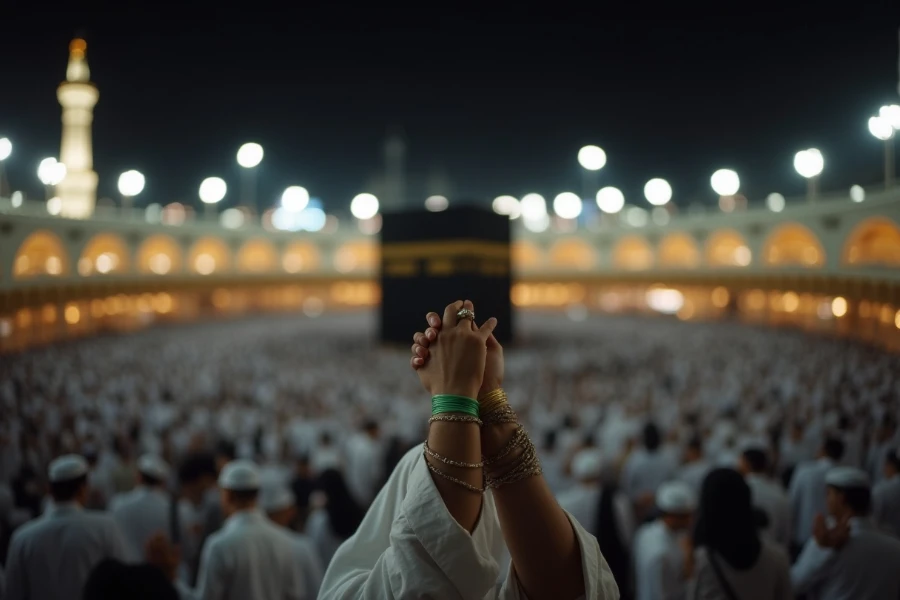
The Mistake: Not realising this step is mandatory to exit Ihram restrictions, or delaying it unnecessarily.
The Solution:
Immediately after completing Sa’i at Marwah, men must choose:
Halq: Shaving the entire head (highly recommended for first Umrah).
Taqsir: Trimming or cutting a fingertip’s length from all hair (minimum requirement).
Women only perform Taqsir: cutting a small amount (approximately an inch) from the ends of their hair (a lock or strand suffices).
Pro Tip: Barber shops are plentiful around the Haram. Agree on the price beforehand if getting a shave (Halq). You can also bring your own scissors for Taqsir. Once done, your Umrah is complete! You are now free from Ihram restrictions (except intimacy with spouse).
Understanding local norms ensures respect and avoids discomfort.
Hijab in Makkah & Madinah: While in the Harams (Holy Mosques), all women must wear full hijab, covering their hair and body completely except for the face and hands. Outside the Harams, while Saudi law requires modest dress for women, the strictness of covering hair varies slightly.
Makkah: Expect a more conservative environment. Most local and international women cover their hair throughout the city as a sign of respect and to blend in. It’s highly advisable for female UK pilgrims to wear an abaya (available everywhere) and headscarf whenever in public.
Madinah: The atmosphere is generally more relaxed. While modesty is paramount, you may see slightly more variation outside the Haram, especially in hotel areas. However, wearing the abaya and headscarf in public is still the safest, most respectful, and recommended practice throughout Saudi Arabia for female pilgrims. Men should dress modestly (long trousers, shirts covering shoulders) outside of Ihram.
Respectful Conduct: Maintain a calm and patient demeanor. Avoid loud arguments, pushing, or public displays of affection. Photography rules are strict – never photograph people (especially locals) without permission, and avoid taking pictures inside the Haram during prayer times. Learn basic Arabic greetings (“As-salamu alaykum”, “Shukran”).

Footwear: Comfortable, slip-on sandals or shoes are essential for the vast amount of walking and easy removal before entering prayer areas.
Foldable Water Bottle: Crucial for carrying Zamzam water throughout the day. Refill stations are abundant.
Ihram Essentials (Men): Safety pins/belt to secure Ihram, spare sets (lightweight).
Prayer Essentials: Lightweight prayer mat, small Quran/Du’a book, Tasbih counter.
Health & Hygiene: Personal medication (clearly labelled), hand sanitiser, wet wipes, basic first-aid kit, rehydration salts. Sunscreen and lip balm (Saudi sun is strong!).
Tech: Universal adapter (Type G UK plugs won’t work; Saudi uses Type G sometimes, but often Type A/B/C/F – a universal is safest), portable charger, downloaded apps (Nusuk, Quran, Maps, translation).
Comfort: Lightweight backpack, small umbrella (sun/rain), sunglasses.
Preparation is the key to unlocking a truly focused and spiritually uplifting Umrah. By securing your Nusuk permit early, understanding the UK visa process, mastering the rituals before you arrive (especially the Niyyah for Ihram!), and packing thoughtfully, you eliminate major stressors. Embrace the practical tips like the rubber band trick – they exist because they work! Culturally, dressing and behaving modestly demonstrates deep respect for the sanctity of the Two Holy Mosques and their host nation.
Remember, patience (Sabr) is your greatest companion. Crowds can be intense, things may not always go exactly to plan, and fatigue is real. Approach every moment with a calm heart, focus on your intention, and trust in Allah’s (SWT) plan. Learn a few key Arabic phrases – a simple “JazakAllah Khairan” (May Allah reward you with good) goes a long way. Stay hydrated, rest when needed, and savour every second of this unparalleled opportunity for forgiveness and spiritual renewal. For essential travel guidance and religious etiquette, refer to the official Hajj & Umrah advice from the UK Foreign Office.
May Allah (SWT) accept your Umrah, ease your journey, and grant you a safe return home, spiritually rejuvenated and filled with His boundless mercy. Ameen.
Our curated content will ensure you’re well–prepared and inspired every step of the way.